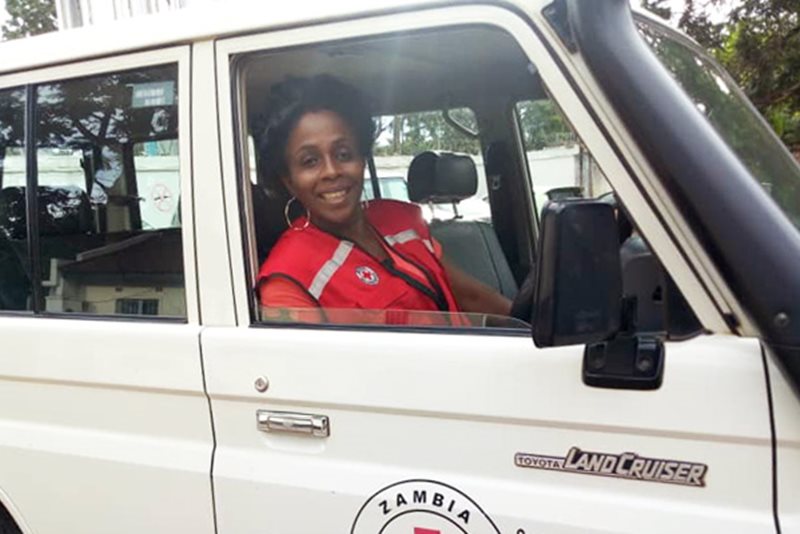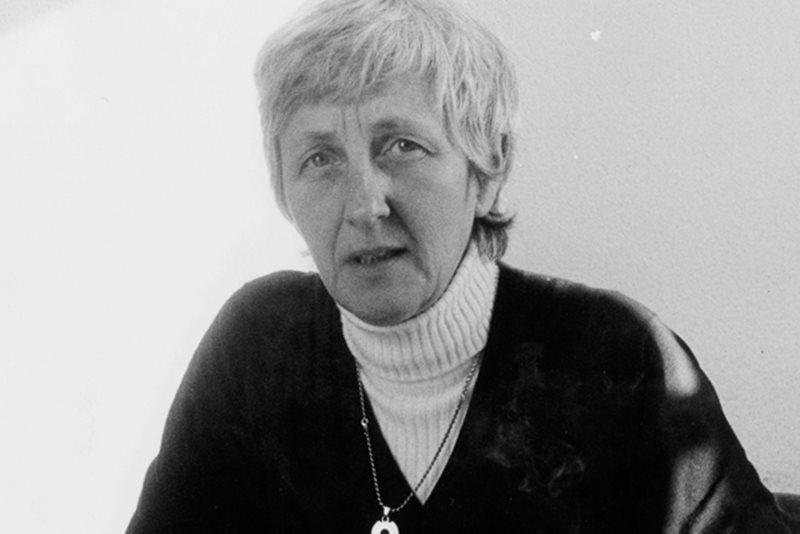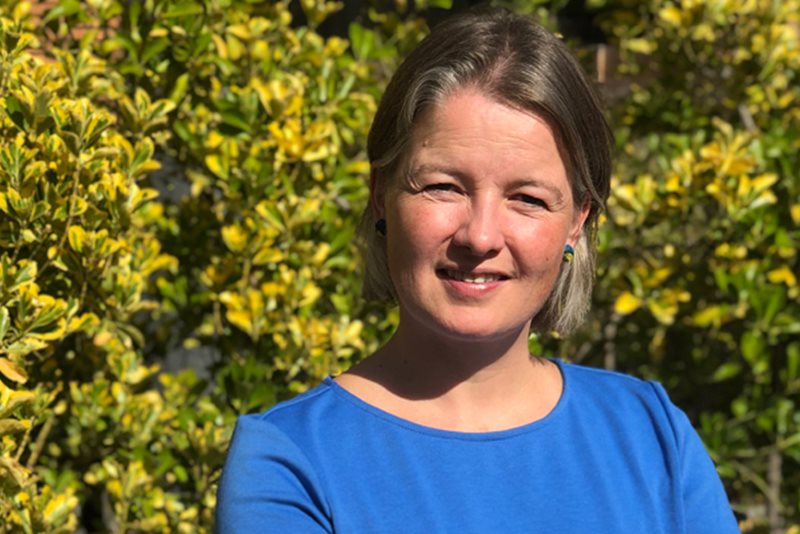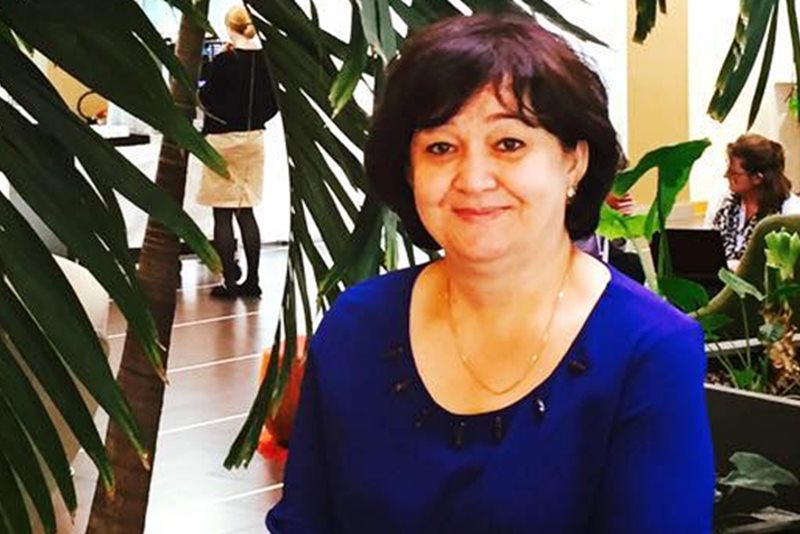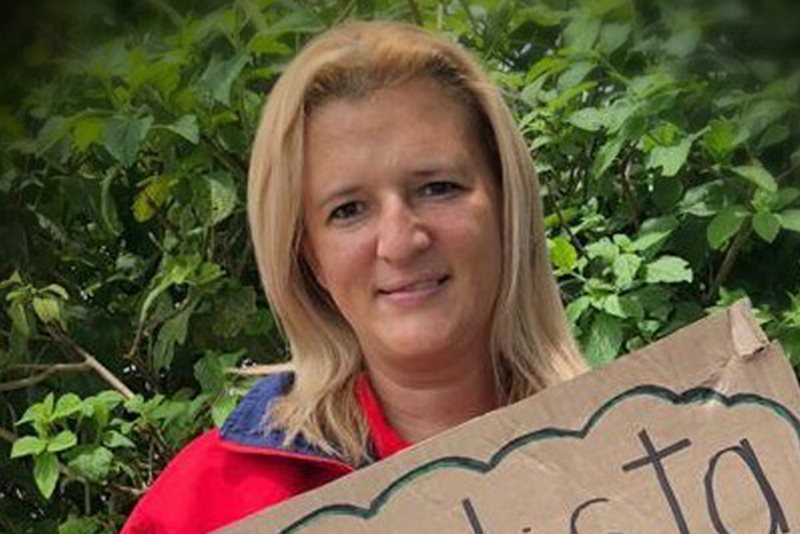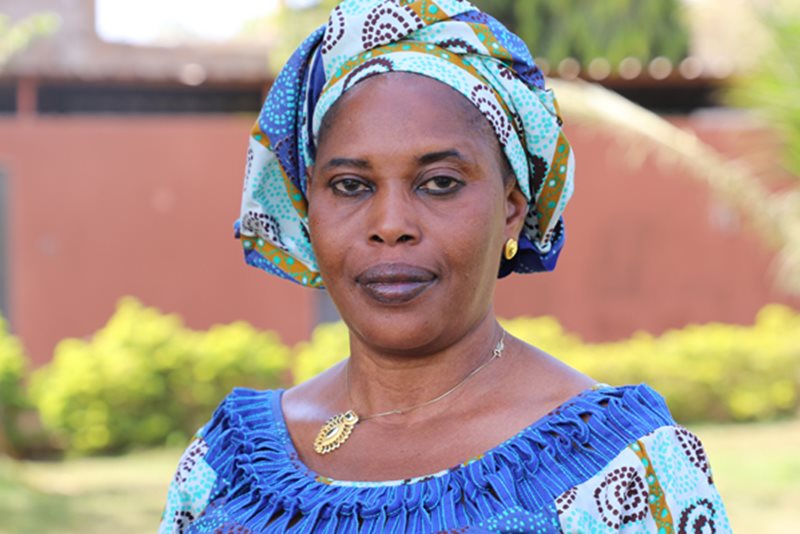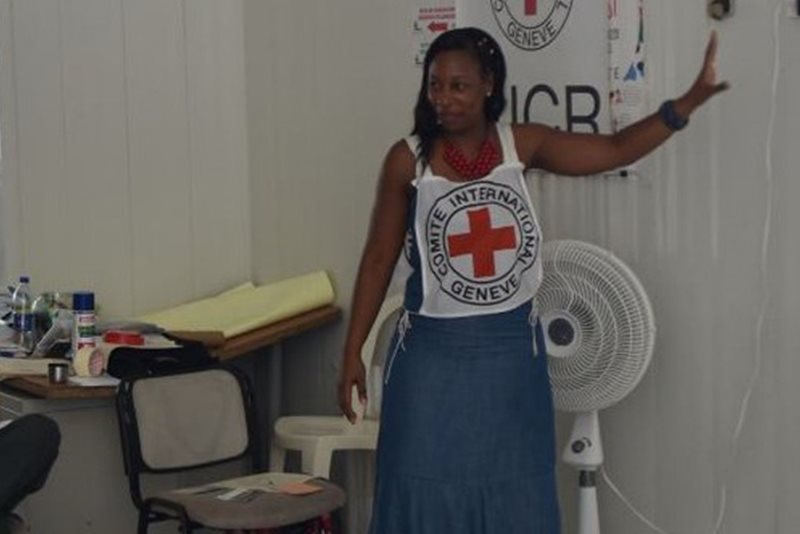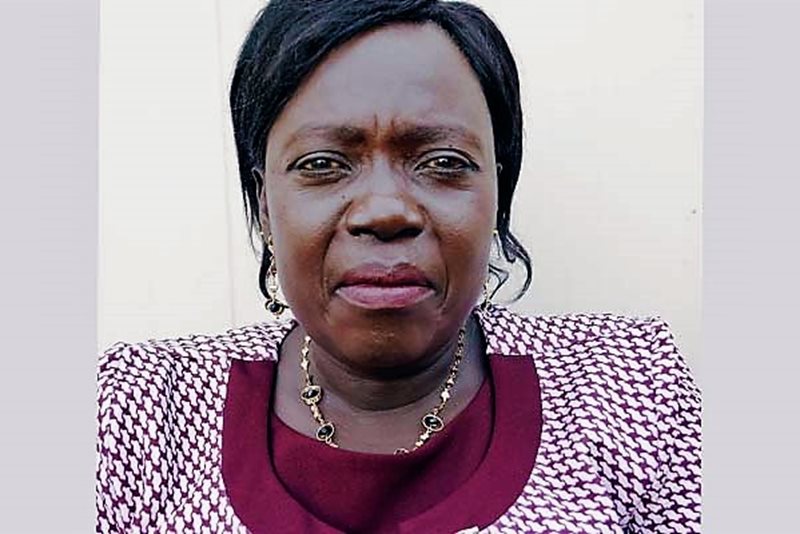

“Growing up as a South Sudanese girl is complex and challenging, especially when given away to marriage at the age 16 as a mean of survival and a way out of starvation. Being a mother of five children as well as children adopted from family members was not an easy feat – but these challenges provided me with a laser sharp focus to study and qualify as a psycho-social care specialist.
Upon graduation I had opportunities to be engaged in various interventions to support the victims of armed conflicts that hit the country 2016, especially in the capital city Juba, and claimed many lives. Families were locked at home for days with no access to offices, basic goods, and services. Despite risks I joined the SSRC colleagues to mobilize volunteers and staff and prepared to collect dead bodies around Juba jointly with the ICRC. Focusing on the provision of psychosocial support to volunteers, staff and ICRC colleagues who were involved in the collection of the remains before, during and after emergency response was essential. Training volunteers based in the opposition-controlled areas on Community Based PSS and to disseminate information on SSRC’s protection activities through meetings with the local authorities a step to build tolerance. These experiences led to many other successful initiatives such as Young Men’s Resilience project targeting behavior change and peer-to-peer support to reduce antisocial behavior and the Sexual and Gender Based Violence (SGBV) Prevention and Response Project. The intervention empowered women and girls to know their rights and how to speak up for themselves, at the same time the project reduced the negative cultural practices that are deeply rooted in the pastoralist (the cattle keepers) communities.
Strengthening the rights of women and girls brought another cultural problem as girls were demanding to go to school. This challenge led to that the National Society, led by my unit, started to include men and boys in the project activities and by incorporating the Community Engagement and Accountability (CEA) approach across all their interventions.
The lessons learned from the Red Cross Red Crescent movement are core in my career as well as capacity building through the movement partner mentorship, now I serve others better!
– Grace Tabu Laki, South Sudan“Being a woman working with fellow women to create a safe space to express themselves, unveil their worries and potential, share experiences and find solutions together, is the most enriching part of my job”
“South Sudan as a country has the most rich and rigid cultural norms and practices. A low education level and lack of exposure for cross-learning from other communities due to insecurity and inaccessibility, except in urban settings, makes it difficult to change. Most communities in South Sudan do not value female leaders because they believe women are to be under the man, but when you are tough as a woman then you manage. So, my message is to never give up!
Women are significantly underrepresented in humanitarian leadership roles. Insecurity and lack of access to basic services increase the inequalities between women and men. Violation of human rights like socio-cultural and economic, create obstacles for women when exercising leadership in the humanitarian field. Patriarchal attitudes and norms restrict women’s participation in the public sphere and block them from leadership.
To achieve lasting change and transformation, qualified women should be provided with leadership and decision-making opportunities. Adequate female representation in the Government of South Sudan is needed to ensure lasting empowerment of women rights.
My dream is to be a role model through protection with the objective of improving women lives, building a good network of humanitarianism and the creation of safe spaces for female workers“.

Across all regions, between 45-57 per cent of Red Cross and Red Crescent volunteers are women.



